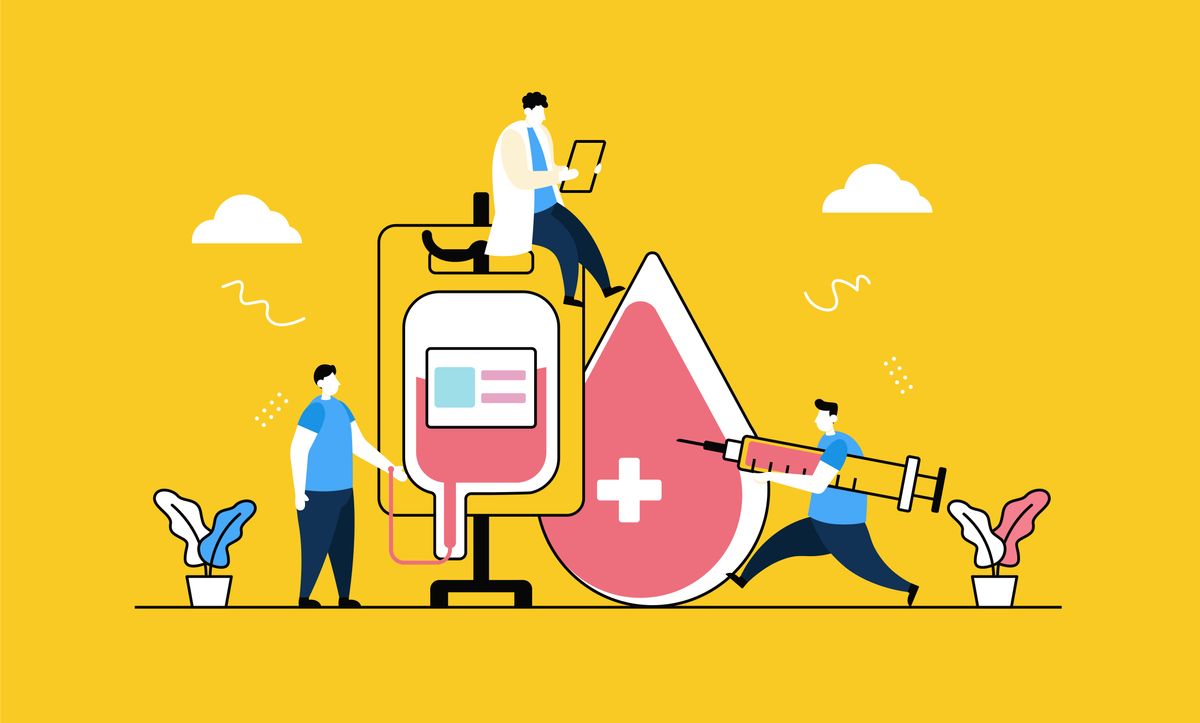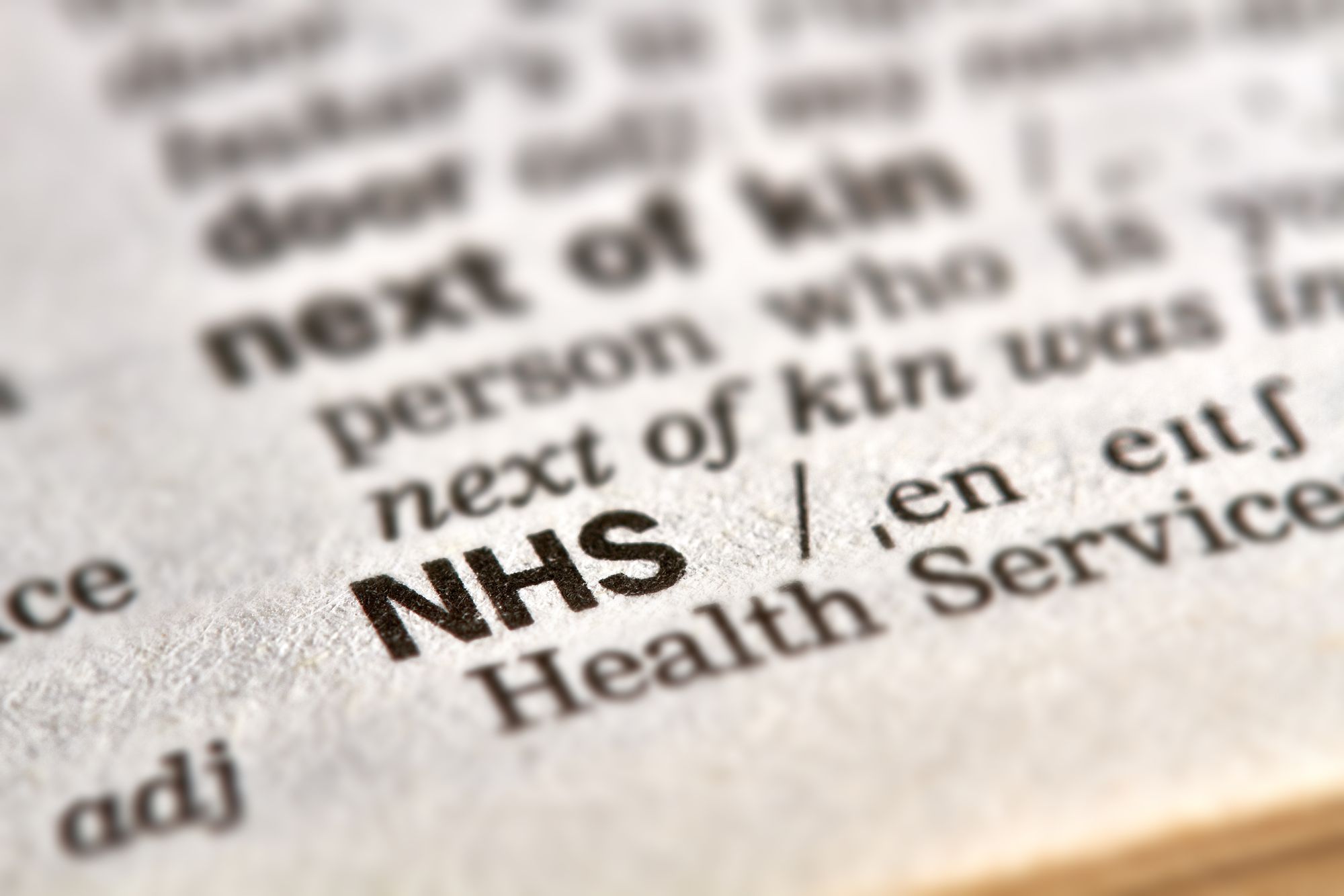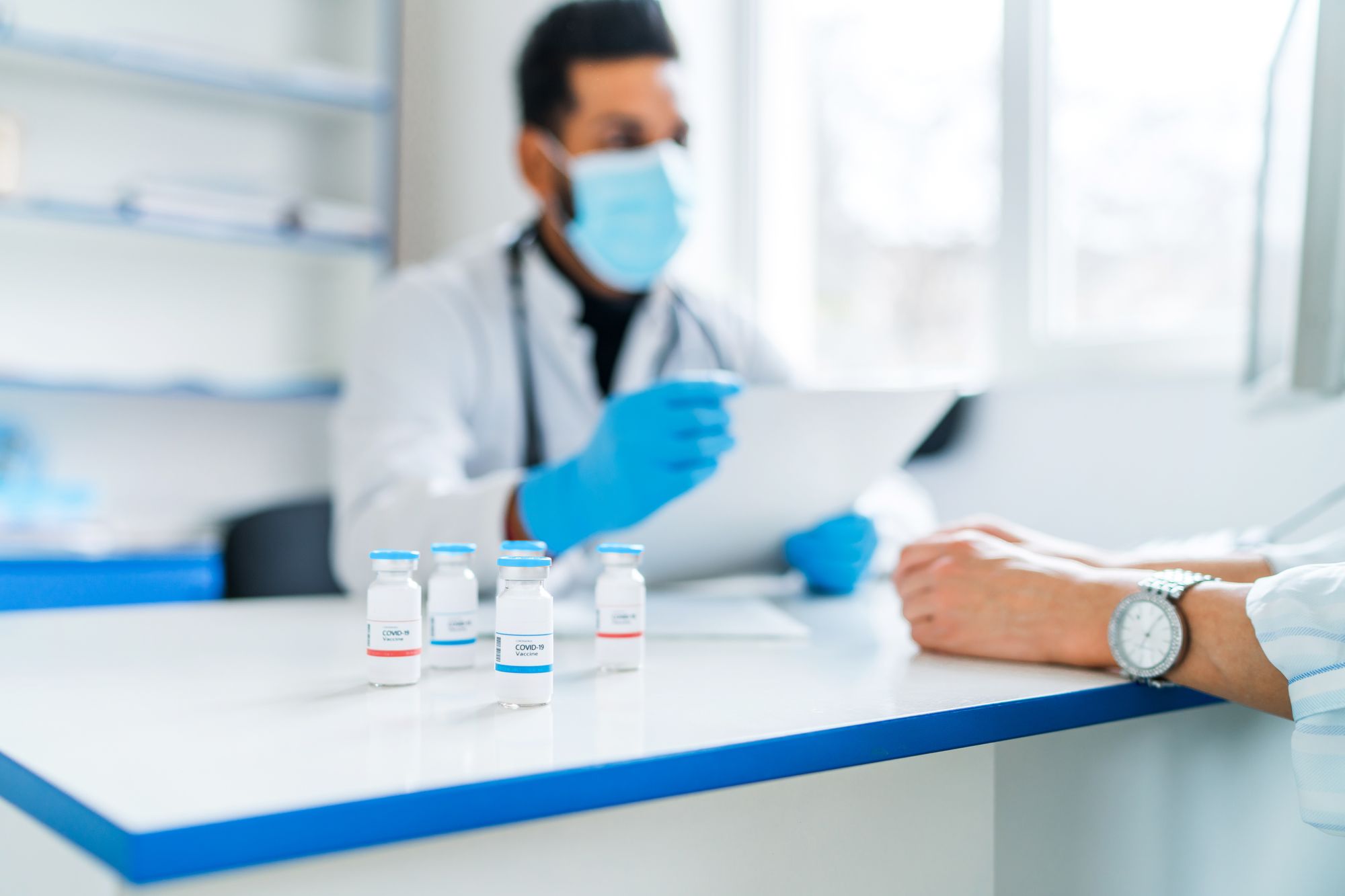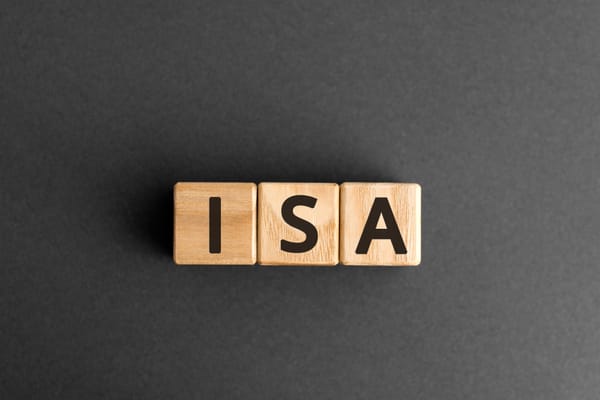Demystifying UK Healthcare: A Complete Guide to NHS Services

The National Health Service (NHS) is the cornerstone of healthcare in the UK, providing comprehensive and accessible medical services to residents. Navigating the UK healthcare system, particularly the NHS, can be daunting for newcomers and those unfamiliar with its intricacies. In this guide, I aim to explore the key basic aspects of the UK system, give you links to further research and tools, and a baseline of knowledge to settle you into life here. Make sure to share if you find it useful! There are many newcomers to the UK each year who could benefit from more accessible information. Before diving into the full article, I have added a quick-read summary for those with less time, to highlight the key points and links discussed.
Quick-read summary
- For emergency medical care, Call 999 or visit your nearest A&E hospital
- Register with a GP practice, and think of this as your hub to receiving healthcare in the UK: https://www.nhs.uk/service-search/find-a-gp
- NHS hospitals are typically used in an emergency (for A&E) or on referral from the GP: https://www.nhs.uk/service-search/find-a-hospital
- Prescribed medications (not available in a pharmacy OTC) will come from your GP or a referred specialist
- Register with an NHS dentist in your area: https://www.nhs.uk/service-search/find-a-dentist
- If your medical needs are more niche, or the GP wants a second opinion, they will often refer you to someone specialised in that area
- For non-emergency medical advice or assistance (when your GP practice is closed), call the 24/7 helpline NHS 111 (https://111.nhs.uk)
[Continue for full-length article]

Overview of the NHS
The NHS is a publicly funded healthcare system in the UK that provides free medical care at the point of delivery. It is one of the largest and most comprehensive healthcare systems in the world, serving millions of people across England, Scotland, Wales, and Northern Ireland.
The NHS operates on the principle of universal access, ensuring that every resident, regardless of their financial means, receives the healthcare services they need. It is funded through general taxation, with the majority of funding coming from the government's allocation of public funds.
The NHS offers a wide range of healthcare services, including primary care, hospital care, mental health services, and specialized treatments. It covers various aspects of healthcare, including consultations, diagnostics, surgeries, emergency care, and long-term treatments.
One of the fundamental principles of the NHS is that care should be provided based on clinical need, rather than the ability to pay. The NHS aims to ensure equitable and fair distribution of healthcare resources, providing equal opportunities for everyone to receive appropriate care.
To learn more about the NHS and its services, the official NHS website (https://www.nhs.uk) is an invaluable resource. It provides comprehensive information on different aspects of the NHS, including how to find healthcare services, understanding your rights and choices, and accessing healthcare in emergencies.
The NHS is staffed by a dedicated workforce of healthcare professionals, including doctors, nurses, allied health professionals, and support staff, who work tirelessly to provide excellent care to patients. The NHS has had its struggles with government funding, the COVID-19 pandemic, and pay. At the time of writing, there are a number of strikes happening, but this shouldn't prevent you from using the care that you need.
Primary Care
Primary care serves as the first point of contact for most individuals seeking healthcare services within the NHS. General practitioners (GPs), also known as family doctors, are at the forefront of primary care and play a crucial role in providing comprehensive medical care.
When you first arrive in the UK, it is important to register with a local GP practice to access primary care services. The NHS service finder (https://www.nhs.uk/service-search/find-a-gp) is a helpful tool for locating nearby GP practices. Registering with a GP ensures that you have a designated healthcare professional who will oversee your general health needs.
GPs provide a wide range of services, including general medical consultations, preventive care, health screenings, vaccinations, and referrals to specialists for further investigation or treatment. They have a broad knowledge of various health conditions and can provide ongoing care for chronic illnesses.
To make an appointment with a GP, many practices offer online appointment booking systems, while others operate via telephone appointments. These flexible options make it convenient for individuals to schedule consultations based on their availability and healthcare needs.
During a GP appointment, you can discuss any health concerns, receive advice on managing your health, and receive prescriptions for necessary medications. GPs also play a crucial role in coordinating your healthcare by referring you to specialists or arranging further diagnostic tests when required.
In the UK, the NHS operates an out-of-hours service to ensure access to medical care outside regular clinic hours. If you need medical advice or assistance when your GP practice is closed, you can call NHS 111 (https://111.nhs.uk), a non-emergency medical helpline available 24/7. Trained operators will assess your symptoms and provide appropriate guidance or direct you to the appropriate healthcare service.
Maintaining regular contact with your GP and keeping your personal details updated ensures efficient access to primary care services. GPs also provide continuity of care, meaning they can develop a long-term understanding of your health needs and coordinate any necessary referrals or treatments.

NHS Hospitals and Specialists
NHS hospitals play a vital role in providing specialized medical care, surgeries, and emergency services to patients across the UK. These hospitals are equipped with advanced medical technology and staffed by skilled healthcare professionals.
The NHS website (https://www.nhs.uk/service-search/find-a-hospital) offers a comprehensive directory of NHS hospitals, allowing you to find the most suitable facility based on your location or specific medical needs. Each hospital may specialize in different areas, such as cardiology, oncology, orthopedics, or pediatrics.
When accessing specialist services within the NHS, a referral from your GP or another healthcare professional is usually required. This referral ensures that you receive the most appropriate care from specialists who have expertise in your specific condition or medical concern.
Specialist services encompass a wide range of medical disciplines, including dermatology, gastroenterology, neurology, and many more. These services are delivered by highly trained consultants and multidisciplinary teams who work together to diagnose, treat, and manage complex medical conditions.
In addition to inpatient and outpatient services, NHS hospitals also provide emergency care through Accident and Emergency (A&E) departments. A&E departments are open 24/7 and are equipped to handle a broad spectrum of medical emergencies, ranging from minor injuries to life-threatening conditions.
If you require emergency medical attention, it is crucial to visit your nearest A&E department or call emergency services at 999. Emergency healthcare services are available to all individuals in need, regardless of their immigration status or ability to pay.
NHS hospitals also collaborate with community healthcare providers, ensuring a seamless transition between hospital care and ongoing community-based services. This coordinated approach facilitates continuity of care, ensuring that patients receive appropriate support and follow-up care after hospital treatment.
Prescription Medications
Prescription medications play a vital role in managing various health conditions and promoting overall well-being. In the UK, prescription medications are typically obtained through general practitioners (GPs) or hospital specialists.
During a consultation with your GP, if it is determined that you require medication, they will issue a prescription. Prescriptions can be collected from local pharmacies, which are widely available throughout the country. The NHS Electronic Prescription Service (EPS) offers the convenience of electronic prescriptions, allowing prescriptions to be sent electronically to the pharmacy of your choice.
It is important to note that prescription charges may apply, unless you are eligible for exemption. The current prescription charge in England is £9.35 per item. However, individuals in certain groups, such as children, individuals over 60, and those with specific medical conditions, are exempt from prescription charges. For a comprehensive list of exemptions, please refer to the NHS website (https://www.nhs.uk/using-the-nhs/nhs-services/pharmacies/how-to-order-repeat-prescriptions-online).
If you require ongoing medication, your GP may provide you with a repeat prescription, allowing you to obtain the medication without the need for repeated consultations. Repeat prescriptions can be ordered online, through mobile applications, or by visiting the GP practice in person.
Pharmacists play an essential role in the safe dispensing of medications and can provide valuable advice on how to take medications, potential side effects, and interactions. They can also offer guidance on over-the-counter medications for minor ailments or self-care.
It is important to take prescribed medications as directed by your healthcare professional. If you have any concerns or questions regarding your medications, including potential side effects or interactions, consult your GP or pharmacist for clarification.
NHS Dentistry
Accessing NHS dental services ensures that individuals can receive regular check-ups, preventive care, and necessary treatments.
To find an NHS dentist near you, you can use the NHS service finder tool (https://www.nhs.uk/service-search/find-a-dentist) and search for local dental practices accepting NHS patients. It's important to note that not all dental practices provide NHS services, so it's advisable to confirm their availability in advance.
NHS dental services cover a wide range of treatments, including routine check-ups, dental hygiene appointments, fillings, extractions, and more. The cost of NHS dental treatments is standardized, with a set fee structure based on specific treatment bands. These fees are lower compared to private dental care, offering affordable options for individuals.
To receive NHS dental treatment, it is essential to register with an NHS dentist. Once registered, you can schedule regular check-ups and discuss any dental concerns or issues you may have. It is recommended to attend dental appointments as advised by your dentist to maintain good oral health and detect any problems early on.
If you require urgent dental care outside normal practice hours, NHS emergency dental services are available. You can contact NHS 111 (https://111.nhs.uk) for guidance on accessing emergency dental care or visit your nearest A&E department if your situation is severe.
Maintaining good oral hygiene practices, such as regular brushing, flossing, and a healthy diet, contributes to better dental health. Your NHS dentist can provide guidance on oral care routines and offer advice specific to your needs.

Accessing NHS Services Summary
Accessing NHS services is essential for receiving the healthcare you need in the UK. Whether it's primary care, specialist services, or emergency care, understanding how to access NHS services ensures you can receive timely and appropriate healthcare support.
For primary care services, such as GP appointments, it is important to register with a local GP practice. The NHS service finder (https://www.nhs.uk/service-search/find-a-gp) allows you to locate nearby GP practices accepting new patients. Once registered, you can book appointments online or via telephone, depending on the practice's booking system.
To access specialist services within the NHS, a referral from your GP or another healthcare professional is typically required. Your GP will refer you to the appropriate specialist based on your medical needs. Referrals can be made to hospital consultants, community services, or mental health specialists, depending on the nature of your condition.
For emergency care, the NHS provides 24/7 access through Accident and Emergency (A&E) departments. In life-threatening situations, call emergency services at 999 or visit the nearest A&E department. For non-emergency medical advice outside regular hours, the NHS 111 helpline (https://111.nhs.uk) offers guidance and can direct you to appropriate healthcare services.
Prescription medications can be obtained by visiting local pharmacies after receiving a prescription from your GP or hospital specialist. The NHS Electronic Prescription Service (EPS) enables the convenient electronic transfer of prescriptions to the pharmacy of your choice.
To ensure equitable access to NHS services, it is crucial to understand your rights and entitlements. The NHS website (https://www.nhs.uk) provides comprehensive information on patient rights, choice of healthcare services, and access to treatment. It also offers guidance on accessing NHS services for individuals with specific needs or disabilities.
Conclusion
In conclusion, the NHS provides comprehensive and accessible healthcare services to residents and expats alike. From primary care services offered by dedicated GPs to specialized treatments delivered by skilled professionals in NHS hospitals, the system ensures a wide range of medical needs are met. Accessing NHS services involves registering with a GP, understanding referral processes, utilizing emergency care when necessary, and obtaining prescription medications through pharmacies. By familiarizing yourself with the NHS structure and services, you can navigate the system with confidence, ensuring prompt and appropriate healthcare. The NHS's commitment to quality, affordability, and inclusivity makes it a vital resource for all individuals residing in the UK.
Hit 'subscribe' to stay updated with more useful content



